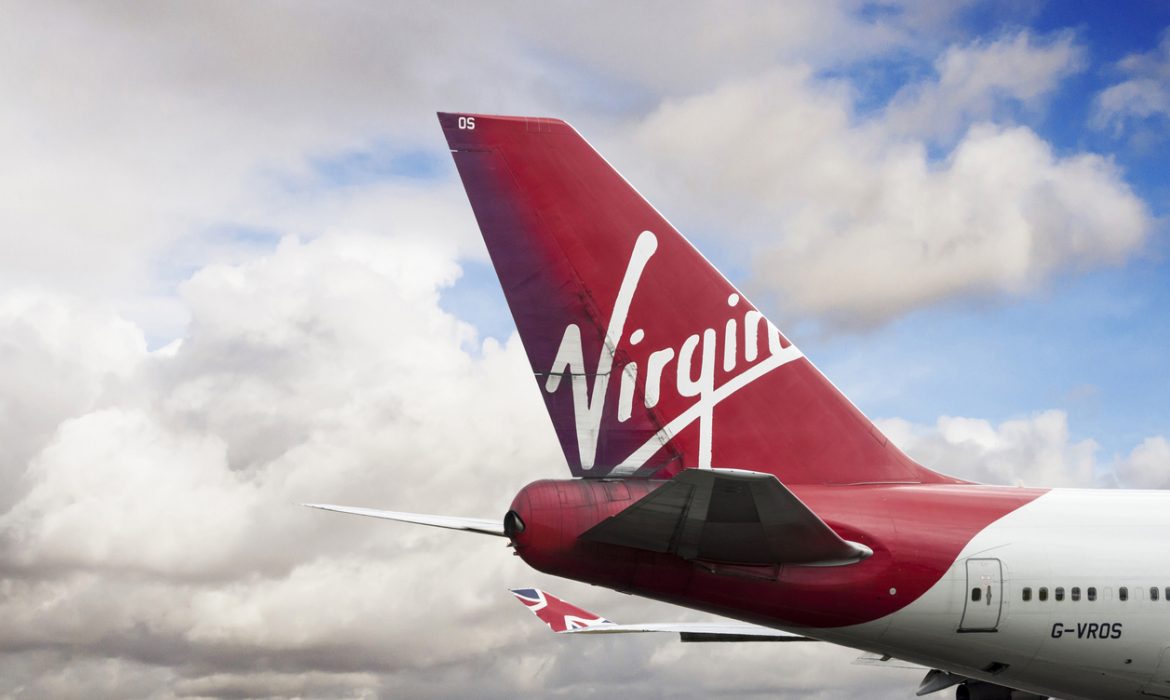Virgin Atlantic has agreed a rescue deal with shareholders and creditors worth 1.2 billion pounds ($1.5 billion) to secure its future beyond the coronavirus crisis, the British airline said on Tuesday.
The private-only deal removes the need for government support that had previously been sought by founder Richard Branson and is expected to be completed towards the end of this summer and be spread across the next 18 months.
The airline, which is 51% owned by Branson’s Virgin Group and 49% by U.S. airline Delta, has had to close its Gatwick base and cut more than 3,500 jobs to contend with the fallout from the COVID-19 pandemic, which has grounded planes and hammered demand for air travel.
“The last six months have been the toughest we have faced in our 36-year history. We have taken painful measures, but we have accomplished what many thought impossible,” Chief Executive Shai Weiss said in a statement, adding that the carrier is targeting profitability from 2022.
“We greatly appreciate the support of our shareholders, creditors and new private investors and, together, we will ensure that Virgin Atlantic can emerge a sustainably profitable airline with a healthy balance sheet.”
The airline’s high-profile billionaire founder Branson had attracted criticism after calling for government help for Virgin Atlantic to survive the downturn.
The government had said that airlines needed to exhaust private avenues of investment before individual support for companies was considered.
In the end, the airline clinched a deal without public funding. Virgin Group will invest 200 million pounds, with shareholders providing 400 million pounds of further support through deferrals and waivers.
New partner Davidson Kempner, an investment firm, will also provide 170 million pounds in secured funding, while creditors are supporting the airline through more than 450 million pounds of deferrals.






